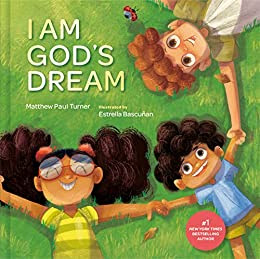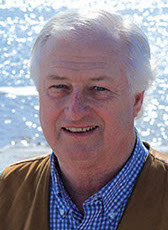Janyre Tromp
Write what you know.
The oft heard adage isn’t necessarily a charge to write your
memoir or a requirement to only write characters that have the same occupation
as you. It’s an encouragement to take the emotions, experiences, and stories
you know and weave them into your writing. It’s an opportunity to give powerful,
compelling depth to your characters—things that sell books and get people
talking.
So, when I started writing a story sparked by my
grandparents’ experience post-WWII, I infused my own childhood trauma into a
story dealing with PTSD (Shadows in the Mind’s Eye). But when my daughter
became deathly ill, the terrifying experiences gave me an entirely different
level of fear and hurt and anger.
I wanted all the pain to mean something. I wanted to find a
way through to the other side, to use what I’d learned in a way that made my
story even more authentic and the journey for the reader that much more arresting.
But how does one go about using the pain of the past in
their writing?
1. 1. It ain’t about you.
Books are meant to benefit the reader.
While writing can be cathartic, sometimes it takes several years for your mind
and body to settle enough to write directly about trauma in a way that invites
the reader into the story. Until that point, you’re still living the story,
sorting emotions, and healing. You have to complete the journey yourself before
you can draw a map to the words “The End.”
2. 2. Journal in the moment.
That said, journal your feelings,
discoveries, and research. It’s amazing what details you’ll forget a few years
down the road. I didn’t want to forget what it feels like to wake up from a
nightmare and momentarily not know if we’re in the hospital again or not
because that feeling is exactly what my hero, Sam, felt in my book when his
PTSD blurs the lines between reality and nightmare.
3. 3. Give your experience breadth.
Just because you haven’t experienced a
specific kind of pain doesn’t mean that your feelings and experiences don’t
transfer. For me I don’t have battlefield PTSD like Sam, but I could take the
helpless feelings and panic I know all too well and combine that with extensive
research to create a realistic world for Sam who, it seems “the war had got
hold of like a terrier and wouldn’t let go.” And sometimes writing about a
similar emotion in a different setting (not writing directly about the pain) is
not only cathartic, but effective. A friend of mine was struggling with her
kids not sleeping and wrote a RomCom that brought in some of the frustration,
but in a way that made everyone laugh.
4. 4. Make delving into a group activity.
Writing in isolation . . . especially
writing about painful topics can send an author in a downward spiral. If you
plan to write a character with deep emotional wounds, you’ll be putting
yourself in their world. You will feel the dark moment of the soul and it will
remind you of your own. Without friends, family, or maybe even a professional,
you could easily get stuck there.
5. 5. Give yourself permission to feel whatever
you feel.
They say a writer who cries over her
keyboard will create readers who cry over their books. And that’s a good thing
. . . except when it’s not. There were times I just couldn’t. So, I made notes
to myself in the manuscript about scenes I needed to go back to.
There was a scene about Sam & Annie’s
daughter that took me some time to be able to write, but I wrote it, and I love
it now. Another thing I struggled with was how to wrap up a book that was about
mental health struggles. For many of us, we don’t just get over it and things
don’t go back to “normal.” I wanted a realistic ending. One that shows the hope
I have, and that light can sneak through the broken places, but it isn’t
without struggle. No matter what experience you have, it’s a valid and
necessary discussion.
Whatever your experience and whatever your genre, using your
own past experiences and pain can take your book to another level. What other
suggestions would you give to writers working to enhance their writing with
their own real-life experience?
Janyre Tromp is a developmental editor by day and writer of historical novels with a dose of suspense at night. And that all happens from her kitchen table when she’s not hanging out with her husband, two kids, two troublesome cats, and slightly eccentric Shetland Sheepdog.
Twitter: www.twitter.com/JanyreTromp
Facebook: www.facebook.com/JanyreTromp
Instagram: www.instagram/JanyreTromp
http://JanyreTromp.com












.jpg)


.jpg)



.jpg)










.jpg)